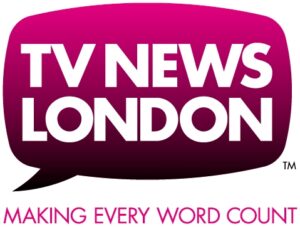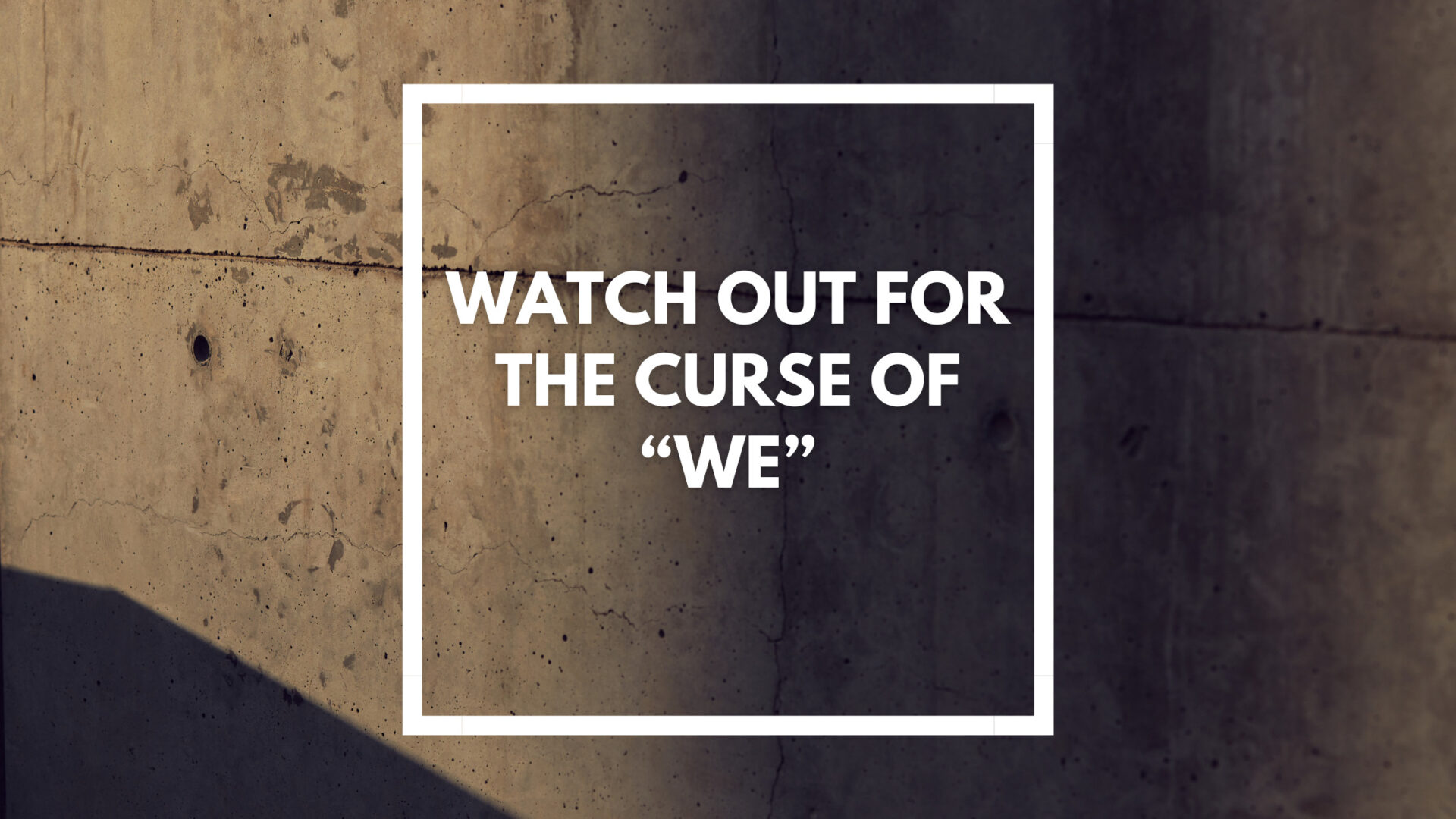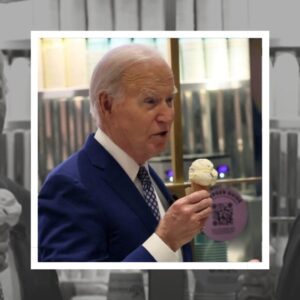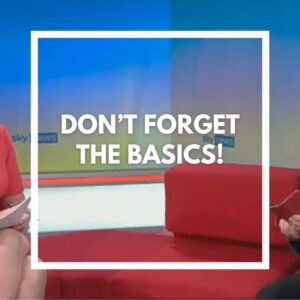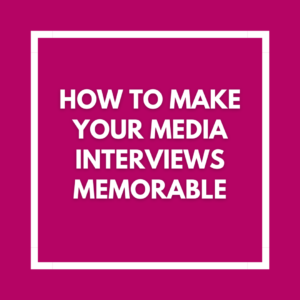By Roz Morris, Managing Director, TV News London
Have you ever started listening to a radio interview after it’s started? You missed the introduction from the interviewer, and you don’t know who the speaker is or where they are from? But you listen anyway because the interview is interesting.
This has happened to me several times recently. Sadly, the interviewer fails to mention where the speaker is from and so does the speaker. In fact, the interviewee gets stuck throughout on repeatedly saying “We”.
They say things like:
“We are a global company. We are a leader in this field. We always concentrate on service. We have won awards for our customer care. We are the first to do this.” etc. etc.
These are all good positive messages but, the speaker just never mentions where they are from or what their new policy, campaign, report, book, product, event or exhibition is called. I call this ‘The curse of We’. Why? Because it is a curse that can really damage the effectiveness of your broadcast interviews.
You can’t rely on the interviewer
It’s not just during the interview that the curse operates. Frustratingly, during the interview, the interviewer doesn’t help you out by mentioning your organisation and then, at the end, they often don’t give a full namecheck either. “Jane/John Soap thanks very much,” they say brightly. “Now what’s happening with sport today? George do tell us ”.
And your moment as an interviewee is gone. This is particularly bad on radio where all your good work in getting an interview and making positive statements is lost.
Either people listening didn’t hear the start of the interview where your business/organisation was mentioned in the interviewer’s introduction (just once!) or, if they did listen at the start, by the middle of the interview, let alone by the end, they’ve forgotten where you’re from.
Shouting at the radio
If you don’t state where you’re from and neither does the interviewer, this is frustrating for you and for the audience. “Where’s she from? “ they shout at the radio. “That was really interesting, and I want to find out more, but now I don’t know where to look for info.”
Plugging matters on TV as well as radio
This can be a problem for TV interviews as well. On TV you can expect to get a caption naming you and your organisation, but it isn’t up on screen throughout the interview and, if you don’t put in a bit of plugging, people are not going to remember where you’re from and why and how your messages matter.
Another problem is that there has been a trend in recent years for some TV news channels not to give a full caption and just briefly caption you as Jane/John Soap, Property Expert, Charity Worker, etc.. So, unless you plug your organisation by name, the audience has even less chance of knowing where you are from.
Failing to mention the name of your business/organisation/product/ report/book title/exhibition title can seriously damage the effectiveness of your broadcast interviews.
But it’s very easy to do. I see this all the time during media training courses and also hear and see this frequently in radio and TV news interviews.
Don’t get so caught up in your content that you forget to plug
People get so caught up in talking about their topic, which they are of course very interested in, and knowledgeable about, that they simply forget their really important task of getting across the name that we should all recall as part of a topical debate, or even look up on the internet after the interview because it was so interesting.
It’s a simple fact that your TV or radio audience is going to remember less about what you‘ve said if they have no idea where you’re from. And, if they have no idea where you’re from, they are going to forget you very quickly as they take in more interesting information every day from news channels and social media.
Broadcasters do not have the same interests as you do
It’s vital to recognise that the broadcasters’ concerns are not the same as yours. You are there to get publicity for your topic. They are concerned about getting their timings right for each item, fitting you into their programme format, and ensuring that you are interesting to the audience. The interviewer is often concentrating on their timings for your interview and how they are going to get to the sport/the weather/the next news bulletin at the right time.
So, even though you may give an interesting interview, the sad fact is that, if you don’t mention the name of your business/organisation/book/product/exhibition, etc.. by name, all your good work in securing a radio or TV interview and the opportunity to talk to a big audience will be for nothing.
Without a name to hang onto, the audience definitely aren’t going to remember what you said and look it up on your website or, better still, actually buy your product, service, or book, go to the exhibition, or sign up to your petition or donate to your charity.
You’ve stopped them from taking any further actions to your benefit simply by not mentioning the name of your company/product/service/organisation/exhibition/event/charity etc…
We advise plugging twice
In our media training courses, we always advise people to plan to mention their company/organisation/ book title/exhibition title etc.. twice in every broadcast interview they give.
This is one of the most important tasks for any interviewee. But it doesn’t come naturally to most people and as an interviewee, you have to find ways to plug the relevant name and information naturally.
Examples for plugging include:
“So, the name of this product/service/ is XXX because ……”
“ At (insert name of company/organisation) we always concentrate on service and that’s why we’ve won awards for our service for the past five years.”
“I/We called this book/event/exhibition XXX because …..”
“We have XXX employees and at (insert name of company/organisation) we make sure that every employee is given (insert something positive) ……
Don’t overdo your plugging
A few people who have attended my media training courses have taken this advice on plugging too much to heart and gone to the other extreme. In their first practice interview, they plug their organisation in every answer they give.
Obviously, this is taking things too far. Too much plugging will annoy both the interviewer and the audience. Once our trainee spokespeople have taken this down to two plugs per interview they do very well.
Media training really matters and at TV News London we can help you to avoid the many obvious mistakes, like ‘the curse of we’ that so many people unwittingly make in their interviews.
Presentations
This advice about overusing ‘we’ is also valuable when giving presentations or taking part in panel discussions, either in person or online.
You should not assume that your audience has taken in where you are from just from the chair’s introduction. Dropping in a sentence about your company or organisation when you first speak can mean more people listening to you and remembering what you say, instead of wondering where you’re from and not really taking in your important messages.
